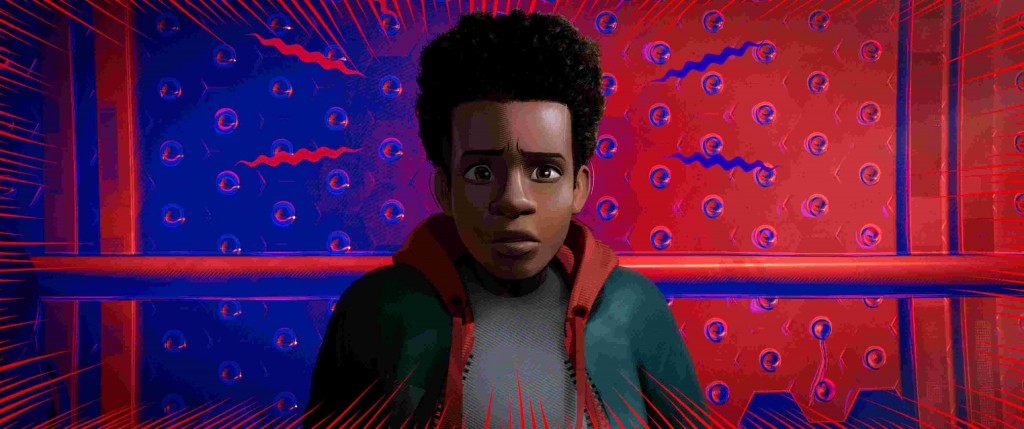
It’s time for a “New Selina Now,” as America’s favorite foul-mouthed ex-Vice President (Julia Louis-Dreyfus) makes her bid to stay in the Oval Office for a term longer than the average celebrity marriage. Along the way, she has to combat some new foes and familiar faces, including the deplorable extraordinaire himself, Jonah Ryan (Timothy Simons). Her old staff is along for the ride, with their mercenary schemes and acid-tongued repartee still out in full force. As Veep kicks off its seventh and final season, it promises a heap of the show’s usual pointed political pugilism, as Selina and company rumble through Iowa and New Hampshire in an effort to woo voters and sate their own egos and ambitions.
-
Recent Posts
- Better Call Saul: There Are No Happy Endings between a “Rock and Hard Place”
- Black Widow Keeps It in the Family for Natasha’s Last Ride
- Loki Finds New Purpose in the Man behind the Mischief
- In its Debut, Star Wars: The Bad Batch Decides Whether to Obey or Rebel
- Nomadland: A Film Out of Time, For Our Times
Archives
Recent Comments
Meta









